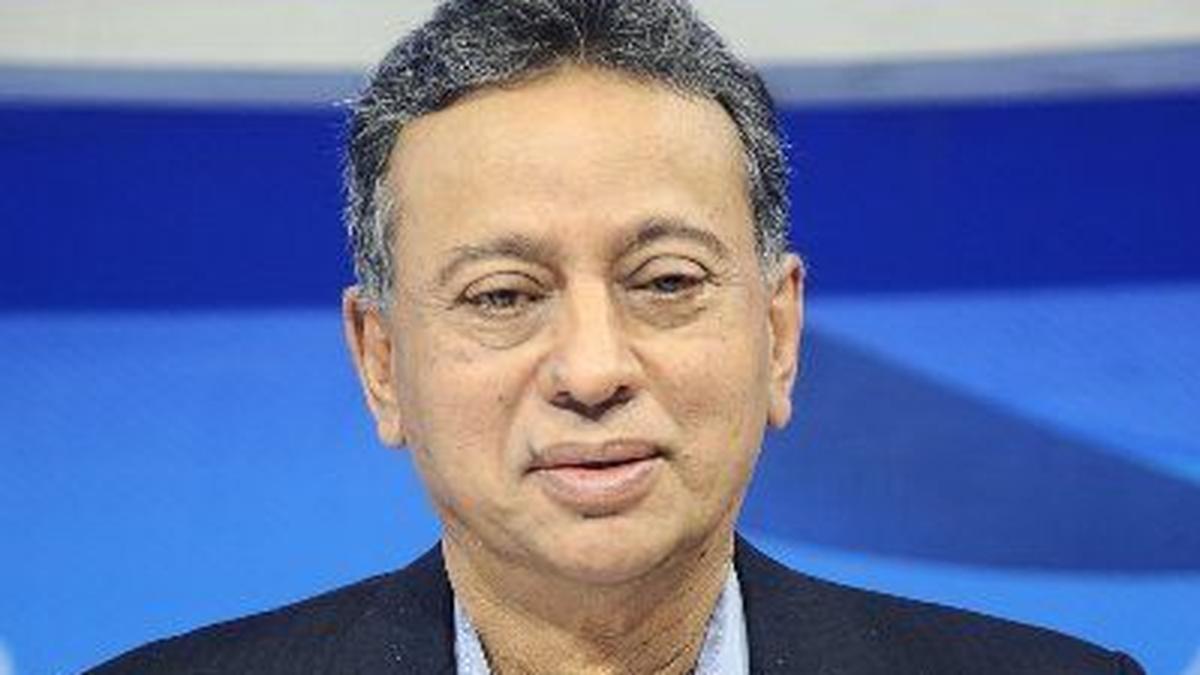
India’s policy towards Bangladesh ‘completely failed’, says BNP leader Amir Chowdhury
The Hindu
India's failed policy towards Bangladesh dominated by powerful civil servants prioritizing security over political pulse, says BNP leader.
India’s official policy towards Bangladesh “completely failed” as it was dominated by an “ecosystem” consisting of powerful civil servants, “plugged-in” retired diplomats, ideologues and journalists who prioritised security without feeling the political pulse on the ground, said one of the top decision-makers of the main Opposition Bangladesh Nationalist Party (BNP).
Speaking to The Hindu in Dhaka this week, Amir Khasru Mahmud Chowdhury, head of the foreign affairs cell of the BNP, urged India to appreciate the prevailing popular sentiments in Bangladesh, arguing that all the three elections in the last decade in Bangladesh were “fraudulent,” where India played the role of an “enabler”.
“In the case of Bangladesh, this ecosystem created the narrative that without Ms. Hasina, Bangladesh would go to the fundamentalists. If not for Hasina, the security of India would be in danger. India has to come out of this ecosystem and mindset. South Block should wake up and smell the coffee,” said Mr. Chowdhury, warning that the India-Bangladesh relationship would take years to recover if this trend continues.
Watch: The story of Sheikh Hasina
He said the bloodshed that Bangladesh witnessed in the last days of Sheikh Hasina’s government could have been “absolutely” avoided if a free and fair election were held in January this year. He expressed dismay at the speed at which India recognised the outcome of the January election, which he described as “totally fraudulent”.
Over the past decade, the BNP, which was defeated by Ms. Hasina in the 2009 election, has been demanding polls under a caretaker government. This demand, on multiple occasions, created a political stalemate in Bangladesh.
In 2014, the BNP boycotted the election as it demanded it be held under a caretaker Government. It repeated this position in 2018 and 2024 and ultimately boycotted both elections.

 Run 3 Space | Play Space Running Game
Run 3 Space | Play Space Running Game Traffic Jam 3D | Online Racing Game
Traffic Jam 3D | Online Racing Game Duck Hunt | Play Old Classic Game
Duck Hunt | Play Old Classic Game











